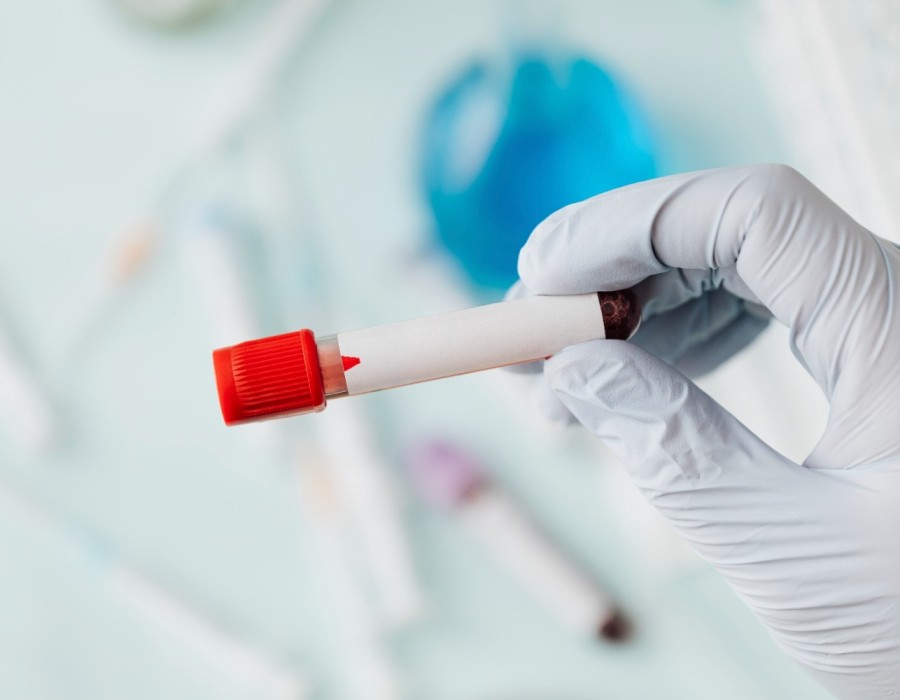Introduction
In today’s fast-paced world, access to accurate and timely medical diagnostics plays a crucial role in ensuring public health and safety. The RT PCR test in Pune remains one of the most reliable methods for detecting viral infections, including COVID-19 and other respiratory illnesses. For many, the testing process may seem complex, but understanding each step can help ease anxiety and ensure a seamless experience. Choosing a trusted diagnostic centre in Pune can make a significant difference in receiving accurate and timely results.
Step 1: Booking an RT PCR Test Appointment
Scheduling an RT PCR test is the first step in the diagnostic process. Many diagnostic centres now offer online booking options, allowing patients to select a convenient date and time. Walk-in options may also be available, but booking in advance helps avoid long waiting times. When booking, individuals are usually required to provide basic details, such as name, contact information, and any symptoms they may be experiencing.
Step 2: Preparing for the Test
Before heading to a diagnostic centre in Pune, it is essential to follow a few simple guidelines to ensure the accuracy of the RT PCR test results:
- Avoid eating, drinking, smoking, or brushing your teeth at least 30 minutes before the test.
- Carry a valid ID and the appointment confirmation.
- Wear a mask and follow all safety protocols at the diagnostic centre.
Step 3: Sample Collection – The Swab Process
Upon arrival at the diagnostic centre, healthcare professionals will guide patients through the sample collection process. The RT PCR test typically requires a nasopharyngeal or oropharyngeal swab:
- Nasopharyngeal Swab: A sterile swab is gently inserted into the nostril to collect a sample from the back of the nasal passage.
- Oropharyngeal Swab: A swab is taken from the throat near the tonsils to collect a mucus sample.
While the procedure may cause slight discomfort, it is quick and usually lasts only a few seconds. Trained technicians ensure that the process is performed safely and hygienically.
Step 4: Sample Transportation and Handling
Once collected, the sample is securely sealed in a sterile transport medium to prevent contamination. Diagnostic centres follow strict protocols to ensure that samples are handled properly. Each sample is labeled with a unique identification number and sent to a laboratory for analysis under controlled conditions.
Step 5: Laboratory Analysis – Understanding RT PCR Testing
The RT PCR test works by detecting the genetic material (RNA) of the virus. The laboratory process involves several key steps:
- RNA Extraction: The sample undergoes a chemical process to isolate RNA from mucus or saliva.
- Reverse Transcription: Since RNA cannot be directly tested, it is converted into complementary DNA (cDNA) using special enzymes.
- Polymerase Chain Reaction (PCR): The cDNA is amplified through multiple cycles, making it easier to detect the presence of viral genes.
- Fluorescence Detection: A specialized machine detects amplified viral genetic material, confirming the presence of infection.
This meticulous process ensures high accuracy, minimizing the chances of false positives or negatives.
Step 6: Test Results and Reporting
The turnaround time for RT PCR test results can vary, but most diagnostic centres in Pune provide reports within 24-48 hours. Patients can receive their results through multiple channels:
- Online Portals: Many centres offer digital reports via email or a secure login.
- SMS Alerts: Some facilities send a text notification once results are available.
- Physical Copies: Patients who prefer a printed report can collect it from the centre.
Reports typically include:
- Patient details and sample collection time.
- Result interpretation (positive, negative, or inconclusive).
- Any additional medical observations or recommendations.
Step 7: Next Steps After Receiving Results
- Negative Result: No viral RNA was detected. Continue following health guidelines to stay protected.
- Positive Result: Immediate self-isolation is required, and consulting a doctor is highly recommended.
- Inconclusive Result: A repeat test may be necessary if the sample quality was insufficient or the viral load was too low for detection.
Choosing the Right Diagnostic Centre for Your RT PCR Test
Selecting a reliable diagnostic centre in Pune is critical for accurate and efficient testing. Consider the following factors when choosing a facility:
- Accreditation & Certifications: Ensure the centre follows government-approved protocols.
- Qualified Staff: Experienced technicians play a crucial role in sample collection and processing.
- Turnaround Time: Faster reporting can help in quicker decision-making for treatment or travel.
- Patient Reviews: Checking online reviews can give insights into service quality and reliability.
Conclusion:
For those seeking accurate and timely RT PCR test in Pune, AG Diagnostics provides top-tier services backed by advanced technology and experienced professionals. Their commitment to quality ensures precise test results, helping patients make informed health decisions. Whether for travel, workplace safety, or medical concerns, AG Diagnostics is a trusted partner in ensuring reliable and hassle-free testing.





Comments